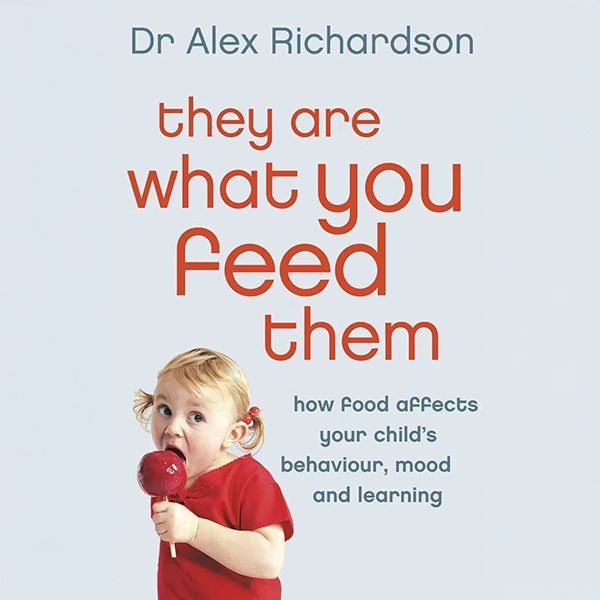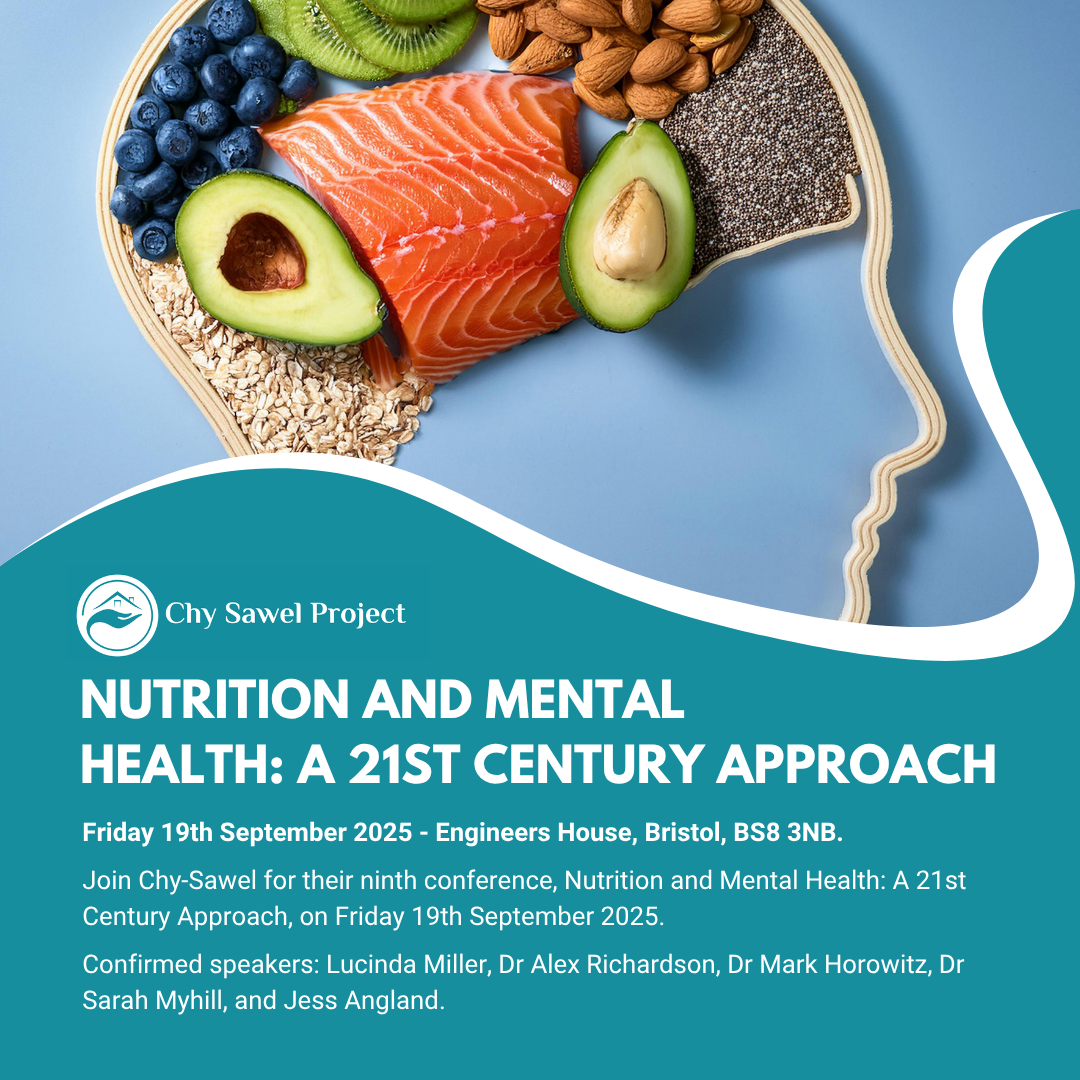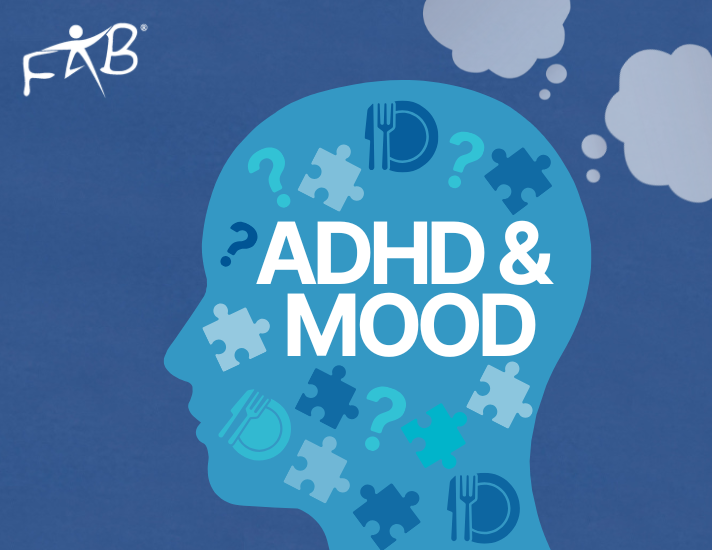Dr Alex Richardson
Founder Director of FAB Research
Dr Alex Richardson is a world-renowned researcher, educator, speaker and published author; and the Founder Trustee and Scientific Director of the UK-based charity, Food and Behaviour (FAB) Research.
Based at the University of Oxford for 30 years, the impact of her 90+ peer-reviewed publications places Dr Richardson in the top 3% of academic researchers worldwide.*
In addition to her work for FAB, she is currently a Visiting Research Fellow at the University of Bournemouth, Research Consultant for the Centre of Nutrition and Behaviour at the Rotherham, Doncaster and South Humberside NHS Trust, and research collaborator with the Dept of Psychology at the University of Swansea.
Alex is best known for her research into how nutrition (particularly fatty acids) can affect behaviour, learning and mood, as her pioneering clinical trials were the first to show that dietary supplementation with omega-3 (and omega-6) fats can improve behaviour and learning in children with dyslexia, dyspraxia, ADHD and related conditions; and that this approach may also help many other children without such diagnoses. She also published some of the earliest reports of successful nutritional approaches to both depression and schizophrenia in young adults, which have subsequently been confirmed and extended by others.
Her work has always been highly inter-disciplinary and collaborative, involving several large-scale collaborative programmes that include studies of epidemiology, genetics, brain imaging, biochemistry and nutrition as well as physiological and psychological functioning. Her main interests centre on
- the role of nutrition in brain health, and its implications for behaviour, learning and mood, particularly in relation to:
- neurodevelopmental conditions such as ADHD, dyslexia, dyspraxia and the Autistic Spectrum
- mental health conditions, including depression, bipolar disorder and the schizophrenia spectrum
- the links between mental and physical health – particularly allergies and immune disorders, and gut-brain connections
- the importance of individual differences in personality, perception, behaviour and cognition, and their implications for both developmental and psychiatric conditions, and general health and wellbeing
Alex’s research has also always been primarily aimed at developing new methods of identification and management that will have real practical benefit.
She has therefore always worked closely with a wide range of education and health practitioners as well as local and national support groups and charities. In addition to her role as a founder director of FAB Research, she also helped to found the Dyslexia Research Trust, was a co-opted Trustee and Scientific Advisor to the Dyspraxia Foundation, served on the Biomedical Research Committee of Autism Unravelled, and liaised closely with the Hyperactive Children's Support Group, among many others.
Alex has extensive experience as a speaker at national and international research meetings. Having initially trained and worked in teaching, her excellent communication skills and clear presentation style are such that she is also frequently invited to give talks, workshops and educational or training courses for both public and professional audiences. Her own work has received substantial media coverage, and she has given numerous interviews for the press, radio and TV both in the UK and abroad.
Her widely-acclaimed book - They Are What You Feed Them - was written for parents and professionals, and explains how and why children's diets can affect their behaviour, learning and mood, offering easy-to-follow practical advice based on scientific evidence. All author proceeds from this book are dedicated to the FAB Research charity.
*For more details of Alex's research publications and their impact, please see Google Scholar or Researchgate.

Dr Alex Richardson
DPhil (Oxon), PGCE, FRSA
Main Interests
Dr Alex Richardson main interests centre on:
▸ The role of nutrition in brain health, and its implications for behaviour, learning and mood, particularly in relation to:
- neurodevelopmental conditions such as ADHD, dyslexia, dyspraxia and the Autistic Spectrum
- mental health conditions, including depression, bipolar disorder and the schizophrenia spectrum
- the links between mental and physical health – particularly allergies and immune disorders, and gut-brain connections
▸ The importance of individual differences in personality, perception, behaviour and cognition, and their implications for both developmental and psychiatric conditions, and general health and wellbeing.
Recent Speaking Events
See some of Dr Richardson's recent webinars.










